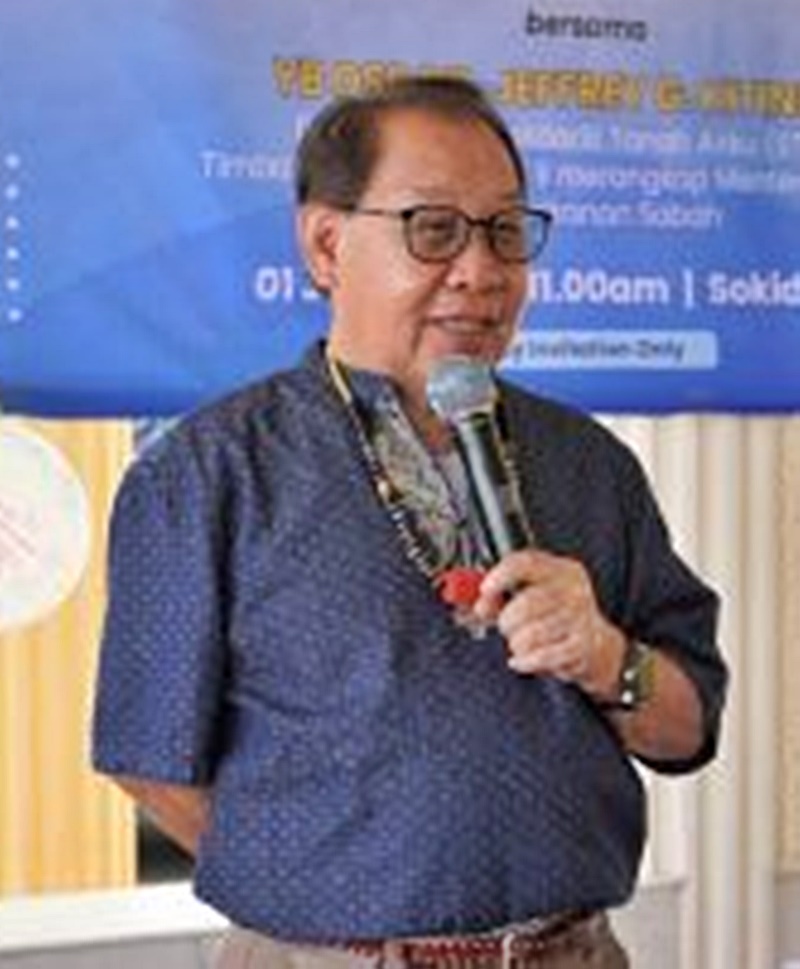KOTA KINABALU: The introduction of salvinia weevil Cyrtobagous salviniae as a biocontrol for the invasive alien species (IAS) salvinia molesta is hoped to finally stop the spread of the kariba weed.
Deputy Chief Minister Datuk Seri Panglima Dr Jeffrey Kitingan said the salvinia molesta is only one of more than 100 IAS in Sabah currently and the problem must be addressed swiftly and effectively.
“The programme today is in accordance with the recommendations of the Convention on Biological Diversity (CBD) which is an international multilateral treaty under the United Nations (UN).
“This convention has been refined and translated into the ‘Sabah Biodiversity Strategy 2012 – 2022’ and ‘National Biodiversity Policy 2016 – 2025’ policies,” he said.
Kitingan who is also the Agriculture and Fisheries Minister said one of the activities and targets outlined in the existing policies is the control of IAS.
Invasive foreign species including animals, plants and microorganisms introduced either intentionally or unintentionally, can threaten the economy, biodiversity or human health.
He said Malaysia has also previously encountered invasive foreign species, such as the cocoa pod borer insect which was a pest of cocoa crops in the 1980s and also the golden apple snail which was a pest of rice in the 1990s.
The salvinia molesta is a free floating plant that does not attach to soil, but instead float on the surface of a body of water.
While it has the potential of treat blackwater effluent for an environmentally friendly sewage system, its rapid growth clogs waterways and blocks sunlight needed by other aquatic plants, particularly algae, to perform photosynthesis, deoxygenating the water.
Decomposers consume the oxygen in the water as it dies and decays. It also prevents the natural exchange of gases between the air and the body of water the plant has invaded, causing the waterway to stagnate. This has the potential to kill any plants, insects, or fish trapped underneath its growth. Its ability to grow and cover a vast area makes it a threat to biodiversity.
Kitingan said he is confident that his ministry will be able to ensure the safety of the agriculture and fisheries industries in Sabah, the sufficiency of the food supply and the conservation of a sustainable natural environment through this programme.
“I applaud the Agriculture Department’s effort and commitment to biologically controlling this weed. The department has my full support and I hope through this programme, we will be able to finally resolve this problem once and for all,” he concluded.-pr/BNN






